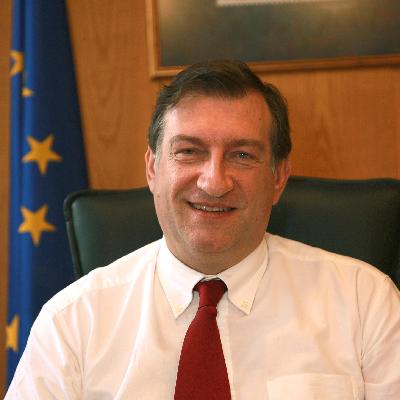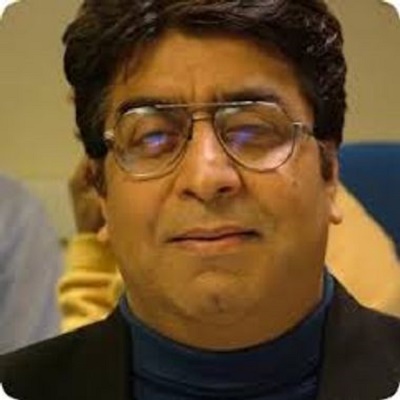3rd IEEE
Conference on Information &
Communication Technology
Cyber Physical Security in Critical Infrastructure
Under the special session, the authors are required to send their manuscripts under these topics:
- Protection of cyber-physical systems Critical
- (Information) Infrastructure Protection (CIP and CIIP)
- Vulnerability and Risk Analysis/Threat Modelling
- Cyber Security in C(I)I Systems
- Self-Healing, self-protection and self-management architectures for C(I)I
- Fault-tolerant control for cyber-physical systems / C(I)I
- Modelling and analysis of cyber-physical systems / C(I)I and C(I)IP
- Advances in C(I)IP organisation, management and legal aspects
- Digital forensics and attribution in attacked C(I)I
- International approaches to C(I)IP including identification of C(I)I elements
- Risk management, impact and consequence analysis regarding C(I)I
- Coherent prevention, preparedness / exercises, incident management / mitigation, and recovery approaches to C(I)I
- Resilience and survivability of C(I)I as complex cyber-physical systems
- C(I)IP policies at international, national and cross-border levels, e.g. public-private partnerships
- Cross-border issues regarding EU’s Network and Information Security Directive
- C(I)IP R&D agenda at national and international levels
- Economics, investments and incentives for C(I)IP
- Defence of civilian CI and CII in conflicts with cyber warfare elements
- Infrastructure, architectural and technology changes in the energy sector which may impact the sector approach to C(I)I or challenge other C(I)I-sectors (e.g. smart grids and energy supply in smart city developments)
- Impact of geopolitical & social factors and threats
- Emergencies and C(I)IP protection, national and cross-border
- Analysis of Human Factor and Security Awareness in C(I)IP
- Advanced decision support for mitigating C(I)I related emergencies
- Social aspects and public communication in C(I)IP
- Psycho-social dimensions of crisis management and intervention with C(I)I
- Training for C(I)IP and effective intervention
- The role of Social Media in C(I)I-related crisis management (as a threat or a potential benefit)
- Recent trends in cyber economy (clouds, quasi-monopolies, e-currencies etc.) and implications for C(I)I and C(I)IP
- Disruptive technologies for C(I)IP, including
- New platforms for financing and data management (e.g. blockchains)
- Infrastructure IoT and emerging standards
- The role of AI and machine learning in autonomous management of infrastructures
- Digital twins and their deployment as augmented reality for training and scenario risk analysis
- Future communication technologies (5G, edge) and their potential impact on other C(I)I
Chair

Dr. Sokratis Katsikas
Professor, Norwegian University of Science and Technology, Gjovik, NorwaySokratis.katsikas@ntnu.no

Dr. O.P. Vyas
Professor, Indian Institute of Information Technology, Allahabad, Indiaopvyas@iiita.ac.in

Dr. Pankaj Pandey
Research Scientist, Norwegian University of Science and Technology, Gjovik, NorwayPankaj.pandey@ntnu.no

